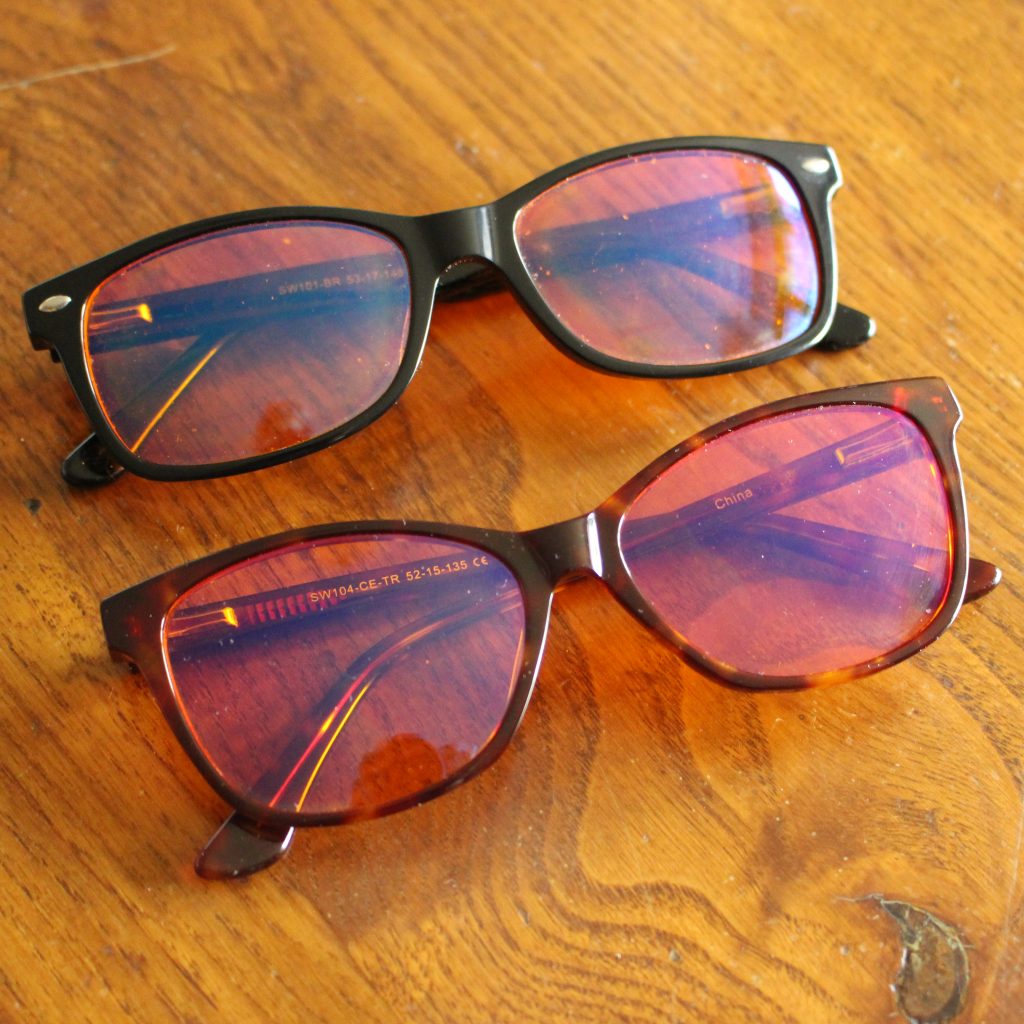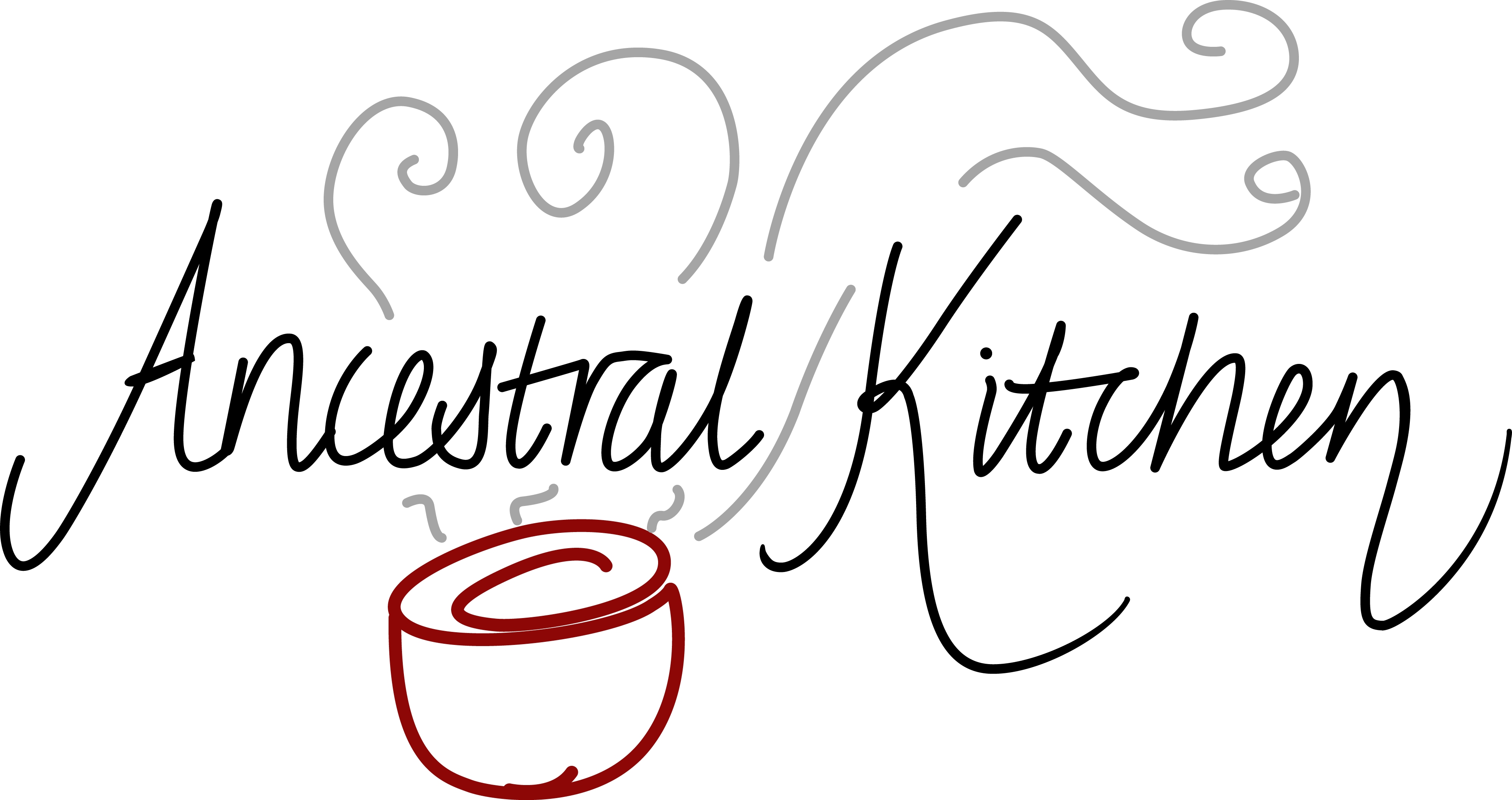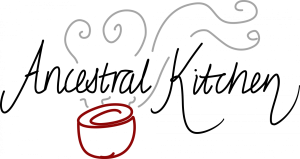Do you (or does anyone you know) struggle with sleep? If so, this post (and its sister post Improve Your Sleep Using Ancestral Food) is for you!
Sleep is, and always has been, my Achilles heel.
If you, like me, struggle with sleep, I feel for you! Good sleep is not only vital to keep us disease-free, but not sleeping well has such an impact on how we show up…to oursleves, as parents and partners and in our work.
Not sleeping can feel like an impossible problem to deal with – but I want you to know that implementing ancestral wisdom in your lifestyle can really help with your sleep. I have tried so many thing for sleep (over more than a decade) and the foundational pillars that have improved my sleep have not been pills; they’ve all been real food changes or real lifestyle changes. In this post I will share with you how I’ve directly and cumulatively slept better by changing my lifestyle and my routines.
How can ancestral wisdom help my sleep?
As humans living in the 21st century, there’s a huge dissonance between our current lifestyles and what would have been the ‘norm’ for most of humanity’s history. This dissonance has a powerful negative impact on our sleep.
Many of us are clear on oft-cited sleep advice, to:
- move our bodies regularly (preferably in nature), and
- expose ourselves to natural light early in the day.
Both of these, which would have been routine for our ancestors, have helped me. I work to get outside and move my body in the early morning as much as I can. Sometimes it’s taking my son to school (on the train), sometimes it’s pottering the garden. It is not possible every day – sometimes I’ll go out later, sometimes I’m not able to get out at all. The important thing for me is that I go out early more often than not! I’m aided in my quest by consciously choosing to not have a car. It means I have to walk or cycle places (as I have no other option); I see the non-car lifestyle choice to be a kind of ‘insurance’ that’ll help me stay mobile as my life moves on!
Here are some other aspects of my lifestyle that make a positive difference to my sleep:
Conscious light/screen usage:
Modern lighting technology (in our homes and in our screens) confuses the iris and brain and can result in tiredness, pain and a negative change in our mental state. My own experience is that it also directly affects sleep quality. I have made changes to mitigate this impact in my life:
- I don’t own a smart phone. I did not realise the effect that a phone screen was having on my mental health and sleep until I gave up my iPhone (you can listen to Ancestral Kitchen Podcast #12 for more information on this). The effect of not looking at a phone has had a *huge* positive effect on my life. Now, when I look at a standard phone screen I can feel the negative impact it is having on my eyes and brain very quickly. I sleep so much better without a smartphone in my life. I currently use an old Nokia phone for text and calls, but if you want something more modern there are phones which use non-invasive e-ink screen technology (more below on this).

- I use an e-book reader (which has an e-ink screen) as my main computer, only using standard computer screens when absolutely necessary. This has downsides (the main one which is that the e-book reader i currently own is black and white – colour ones are just being developed) but having experienced the difference in my sleep there is no way I’d go back to a standard computer screen.
Why are e-ink screens different?
Standard screens work by switching light on and off (this is called a ‘flicker’) which forces our iris to respond in an unnatural way and confuses our brains. Standard screens also emit unnatural light frequencies – something our ancestors would not have had to deal with! E-ink screens are different because they have no flicker (hence no need for the iris to respond unnaturally and no brain confusion) and they don’t emit any electronic light – they are literally like looking at a piece of paper.
I understand that dumping a phone and computer is a big move. If you are not ready to or can’t give up your smartphone/computer screen, take a look Iris Tech – they make software that minimises the flicker on standard screens.
Last two in the light category:
- I do not use LED or fluorescent lighting in my home, because, like screens, they flicker and give off unnatural light frequencies. We use old-fashioned incandescent light bulbs (which, unlike halogen bulbs, can be recycled) and, when it’s appropriate, candles.
- I have a pair of blue light blocker glasses (made by Swanwick) and wear them if I am in an environment lit by electronic light in the evening. Our ancestors would never have had blue light coming at them at the end of the day and I do my best to avoid it.

Work patterns and routine:
- Without a smartphone, I’m not scrolling social media. I batch my social media usage (currently going on one platform, Instagram, twice a week). This is an incredible way to reduce anxiety and free up space in your life – it has definitely improved my sleep!
- Most days I stop working by 5pm. I then have an evening routine which is geared towards winding down: I do light kitchen tasks, I read – both alone and out loud. I spend time with my son and husband.
- I am in bed by 8.30pm and usually asleep by 9pm. I wake early (especially during the summer months). It feels right to tie my sleeping and waking to the light patterns of nature as would have the generations before me.
Other physical practices:
- Research clearly shows now breathing impacts health, longevity and sleep. A breathing practise with long exhales has been shown to calm the nervous system and therefore improve sleep. This can be achieved by spending a few minutes a day in a practise but I prefer to keep it joyful and sing/chant! Singing would have been an everyday part of our ancestors’ lifestyles – and doing so calls for a quick inbreath and an extended outbreath.
- Cycling cold and heat exposure has been shown to improve sleep – cold exposure in the morning and then exposure to warmth before bed. Certainly our ancestors would not have been in air-conditioned/heated environments as many of us currently are. I have found cold exposure very hard – my husband engages in cold showers (you can hear him talking about it in Ancestral Kitchen Podcast episode number 37). I’ve tried this but not been able to keep them up. Instead, on cold mornings, I try to expose my torso to cold (by, for instance, taking my coat off (but leaving my gloves and hat on) on the way home from a walk). In the evening I will then do something warming (like having a warm shower).
Alot of the lifestyle changes that I’ve made in order to improve my health and sleep may seem ‘extreme’ when looked at from a standard perspective. But they are *all* looking at ancestral lifestyles and learning from them. In ‘improving’ our lives with technological and societal changes, we’ve overlooked the taken-for-granted wisdom that the life we were designed to live gave us. We pay the price for that in our society’s physical and mental health. As individuals, with the help of those who’ve realised these things before us, we have the power to take this knowledge and do something with it to improve our lives and our sleep.
Check out my sister post – Improving Your Sleep With Ancestral Foods here!

Bring ancient grain baking into your kitchen!
Download my free 30-page guide with five healthy and tasty 100% ancient grains recipes.

